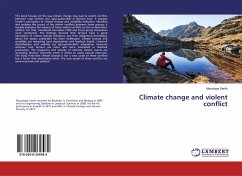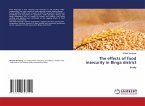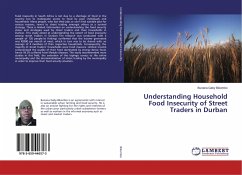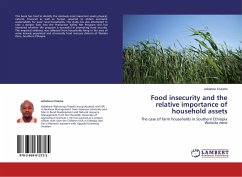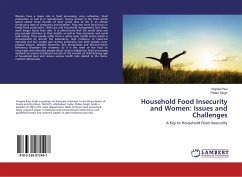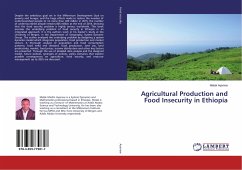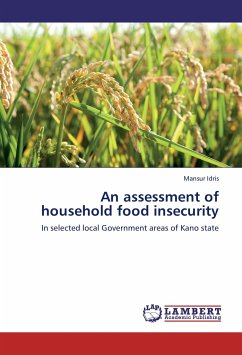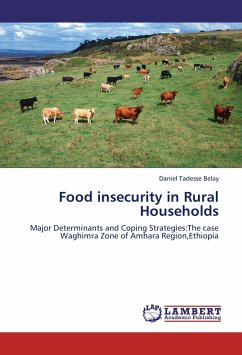This book focuses on the way climate change may lead to violent conflicts between crop farmers and agro-pastoralists in Burkina Faso. It assesses farmer's perception of climate change and variability indicators, identifies and analyses the causes of the violent conflicts between these groups; it equally evaluates the impacts of these violent conflicts on the communities' welfare. For that, household interviews (100) and focus group discussions were conducted. The findings showed that farmers have a good perception of climate change indicators, but their indigenous knowledge about the season prediction has been challenged. Climate change and variability are impacting land degradation and livestock health. Livestock diversification and mobility are agro-pastoralists' adaptation measures whereas crop farmers are more and more interested in livestock production. The frequency and severity of extreme climate events are increasing farmers' insecurity when it comes to using natural resources. The study finds that climate change is not a root cause of these conflicts but a factor that exacerbates them. The root causes of these conflicts are socio-economic and political.
Bitte wählen Sie Ihr Anliegen aus.
Rechnungen
Retourenschein anfordern
Bestellstatus
Storno

